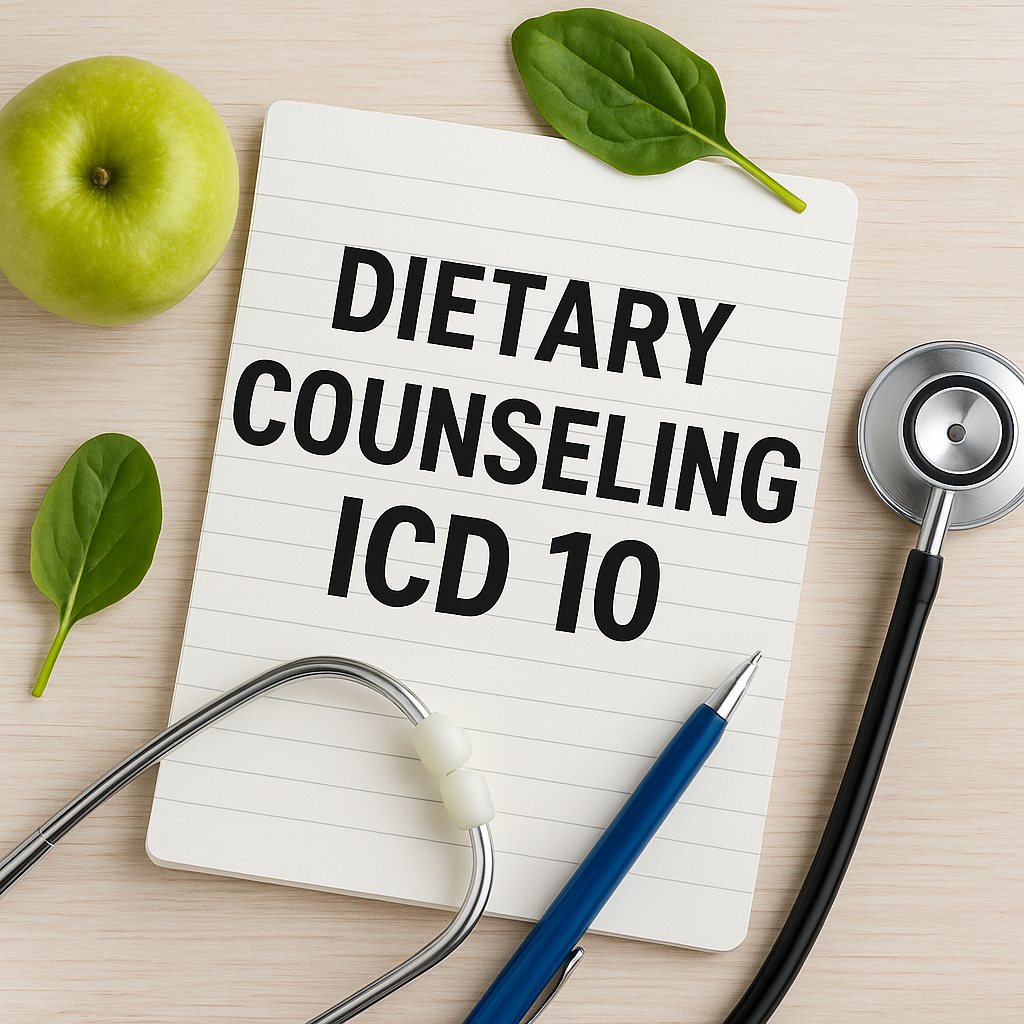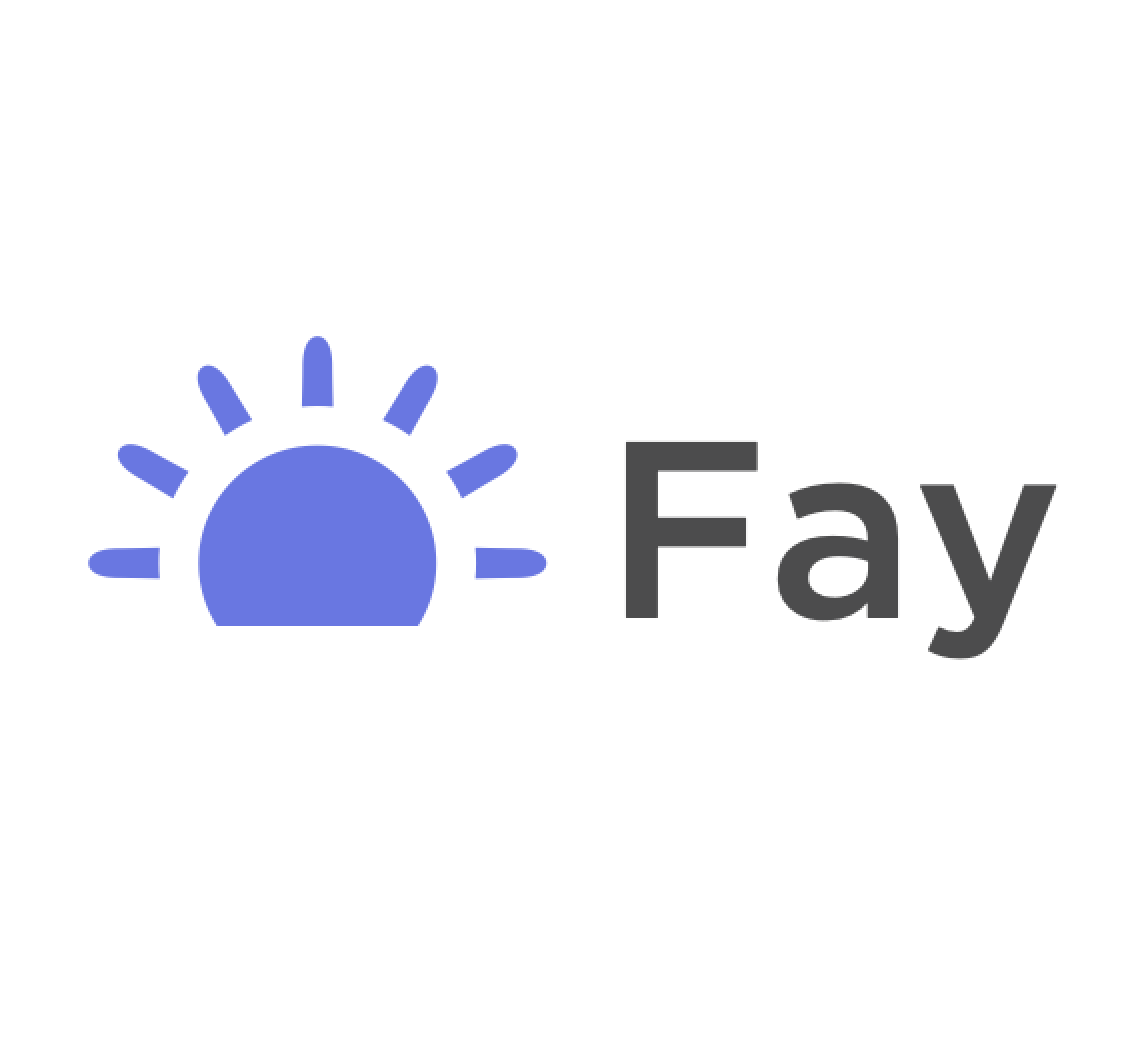Dietary Counseling ICD 10: A Complete Guide for Registered Dietitians
For registered dietitians and nutritionists, documentation is as important as clinical expertise. Accurate use of ICD-10 codes ensures claims get processed correctly, services are reimbursed, and care is properly recorded. One of the most important codes in this context is the dietary counseling ICD 10 code, which signals that a patient encounter involved nutrition counseling or diet-related education.
In this guide, we’ll break down what the dietary counseling ICD 10 code is, when and how to use it, how it shows up in your encounter data, how it affects payer reimbursement, and strategies for optimizing your billing process to avoid claim denials.
What is the Dietary Counseling ICD 10 Code?
The most common code dietitians and healthcare providers use to indicate dietary counseling is:
- Z71.3 — Dietary counseling and surveillance
This ICD-10-CM code is part of the Z codes (factors influencing health status and contact with health services). It is used when the primary purpose of the encounter is nutrition counseling or surveillance, rather than treatment of a specific disease.
Other related codes sometimes relevant in dietary counseling contexts include:
- Z71.82 — Exercise counseling (if combined with dietary guidance in wellness visits)
- Z72.4 — Inappropriate diet and eating habits (if documenting maladaptive dietary behavior)
- E66.x series — Overweight and obesity (when counseling is directed at weight management and obesity diagnosis applies)
- Z13.21 — Encounter for screening for nutritional disorder
But for most registered dietitians providing general nutrition education or counseling, the principal code remains Z71.3.
When Should You Use Dietary Counseling ICD 10 (Z71.3)?
Z71.3 should be used in encounters where the primary purpose is nutritional counseling and not direct medical nutrition therapy (MNT) tied to a diagnosed disease.
Situations where Z71.3 is appropriate:
- Preventive visits where patients seek diet guidance for weight management but do not yet have an obesity diagnosis.
- Nutrition education sessions for healthy lifestyle or wellness.
- Counseling sessions in school-based or community health settings.
- Visits that complement annual wellness visits, where counseling is the focus.
- Group sessions where the goal is dietary guidance rather than individualized treatment for a condition.
Situations where it is not sufficient alone:
- If the patient has a documented medical condition (diabetes, CKD, hypertension, malnutrition, etc.), then disease-specific ICD-10 codes (e.g., E11.9 for type 2 diabetes, I10 for hypertension, E43–E46 for malnutrition) should also be used.
- For billable MNT encounters under Medicare or commercial payers, Z71.3 alone may not justify payment — you typically need both Z71.3 + a disease diagnosis code.
Where Do You Find This Code in Encounter Data?
In a typical billing workflow, the dietary counseling ICD 10 code will appear in your encounter data in one of two places:
- Provider Documentation (EHR):
- When you complete a visit note in your EHR, you assign ICD-10 codes to justify the reason for the visit.
- If you check a box for “dietary counseling” or “nutrition counseling,” the system often maps to Z71.3.
- Claims Data (837P form or CMS-1500):
- On the electronic or paper claim, the ICD-10 code is listed in Box 21.
- For each CPT/HCPCS procedure code you bill (e.g., 97802 for initial MNT), the payer wants to see a linked ICD-10 diagnosis code that justifies medical necessity.
- Z71.3 may be linked to preventive counseling codes (99401–99404) or appear as a supporting code for MNT codes.
- Remittance / EOB:
- In payer remittance advice, the ICD-10 code is sometimes echoed back as part of adjudication. If the wrong ICD-10 is used (or if Z71.3 is submitted without a qualifying code when required), claims may be denied as “not medically necessary.”
Why is Dietary Counseling ICD 10 Relevant?
The dietary counseling ICD 10 code plays a key role in several areas:
- Clinical documentation: It signals the purpose of the encounter (counseling rather than treatment).
- Insurance reimbursement: Many payers require preventive codes like Z71.3 to adjudicate counseling claims, especially for wellness visits.
- Public health reporting: Z71.3 is used in population health data to measure preventive counseling utilization.
- Quality metrics: Some payers track how often preventive counseling (including dietary counseling) is provided as part of care quality programs.
For registered dietitians, using Z71.3 correctly can mean the difference between reimbursement and denial — particularly when billing under preventive codes.
“Including an ICD-10 code for obesity on insurance claims justifies the medical necessity of your dietary counseling or therapy.” - PracticeBetter
How Does Dietary Counseling ICD 10 Affect Payer Reimbursement?
This is where things get practical. Payers use ICD-10 codes to determine medical necessity for services. Let’s break down how Z71.3 fits into payer reimbursement rules.
1. Preventive vs Therapeutic Distinction
- If a visit is preventive (e.g., general nutrition counseling for risk reduction, no diagnosed disease), Z71.3 can justify billing CPT codes like 99401–99404 (preventive counseling).
- Preventive services may be covered at $0 cost-sharing under the Affordable Care Act, but coverage varies by payer and diagnosis.
2. MNT Services (97802, 97803, 97804)
- Medicare covers MNT primarily for diabetes and CKD (with additional codes allowed for post-transplant).
- Commercial payers often mirror this and require a qualifying medical diagnosis (E11.9 for diabetes, N18.x for CKD, etc.).
- In this case, Z71.3 alone is not enough — you need both the primary disease code and Z71.3 as a secondary/supporting code.
3. Obesity Counseling (G0447, G0448)
- Medicare and many commercial payers cover intensive behavioral therapy for obesity.
- To bill, you need:
- E66.x code for obesity, AND
- Sometimes Z71.3 to indicate counseling was provided.
4. ACA Preventive Coverage
- Under the Affordable Care Act, certain plans must cover obesity counseling, dietary counseling, and preventive visits without cost-sharing.
- Here, Z71.3 is a crucial code because it identifies the service as preventive counseling.
Best Practices: How to Use Dietary Counseling ICD 10 for Billing Optimization
To maximize reimbursement and minimize denials, registered dietitians should follow these steps:
- Always document the purpose of the visit clearly.
- If the visit is preventive, use Z71.3 as the primary code.
- If tied to a medical condition, use the condition code first, with Z71.3 as a secondary.
- Pair the ICD-10 with the right CPT/HCPCS code.
- Z71.3 + 99401–99404 = preventive counseling.
- Z71.3 + E11.9 + 97802/97803 = MNT for diabetes with dietary counseling.
- Know your payer’s rules.
- Medicare requires diabetes/CKD/transplant diagnosis for MNT.
- Commercial payers vary—some allow Z71.3 as a standalone for preventive visits, others don’t.
- Leverage modifiers if needed.
- If counseling is provided on the same day as another service, a modifier (e.g., -25) may be required to indicate that services were significant and separately identifiable.
- Check preventive benefit eligibility.
- For ACA-compliant plans, obesity/dietary counseling is often covered at $0 out of pocket. Document Z71.3 to trigger preventive coverage.
Examples of How Z71.3 Plays Out in Real Encounters
Case 1: Preventive Wellness Counseling
- Patient: Healthy adult, wants general nutrition advice to reduce heart disease risk.
- Codes: Z71.3 (primary) + CPT 99402 (30 min preventive counseling).
- Reimbursement: Often covered at $0 cost under preventive care.
Case 2: Diabetes MNT Visit
- Patient: Type 2 diabetes, newly diagnosed.
- Codes: E11.9 (diabetes, primary) + Z71.3 (secondary, counseling) + CPT 97802 (initial MNT, 30 min).
- Reimbursement: Covered under Medicare and most commercial plans.
Case 3: Obesity Counseling
- Patient: BMI 35, seeking weight management support.
- Codes: E66.9 (obesity, unspecified) + Z71.3 (dietary counseling) + G0447 (obesity counseling, 15 min).
- Reimbursement: Covered under Medicare and many commercial plans, subject to limits (e.g., once weekly for the first month, etc.).
Common Pitfalls to Avoid
- Using Z71.3 alone when payer requires disease-specific ICD-10. Always check payer policy.
- Failing to document time spent. Preventive counseling CPT codes (99401–99404) are time-based.
- Not linking ICD-10 codes to each CPT code on claim. Claims may deny if the ICD-10 code isn’t properly tied to the service line.
- Skipping secondary Z codes. Even if payer requires a disease code, adding Z71.3 reinforces that counseling occurred.
Why This Matters for Dietitians
For registered dietitians building private practices, working with MSOs, or joining payer panels, mastering ICD-10 documentation is as critical as clinical skill. Correct use of dietary counseling ICD 10 (Z71.3) ensures:
- You capture preventive care opportunities reimbursed under ACA.
- You justify MNT services for chronic diseases with proper coding combinations.
- You reduce denials and increase first-pass claim acceptance rates.
- You contribute to public health data showing the value of nutrition counseling.
Final Thoughts
The dietary counseling ICD 10 code (Z71.3) may seem like a small detail in the billing process, but it carries big weight. It signals preventive services, unlocks reimbursement for counseling visits, and supports the argument that dietitians are essential providers in chronic disease prevention and management.
To optimize your insurance billing:
- Use Z71.3 when the encounter is primarily about nutrition counseling.
- Pair it with disease-specific codes when applicable.
- Match it to the right CPT/HCPCS procedure code.
- Understand payer rules for preventive vs therapeutic nutrition services.
In short, dietary counseling ICD 10 is not just a billing requirement — it’s a strategic tool to maximize reimbursement and highlight the critical role of nutrition in healthcare.







